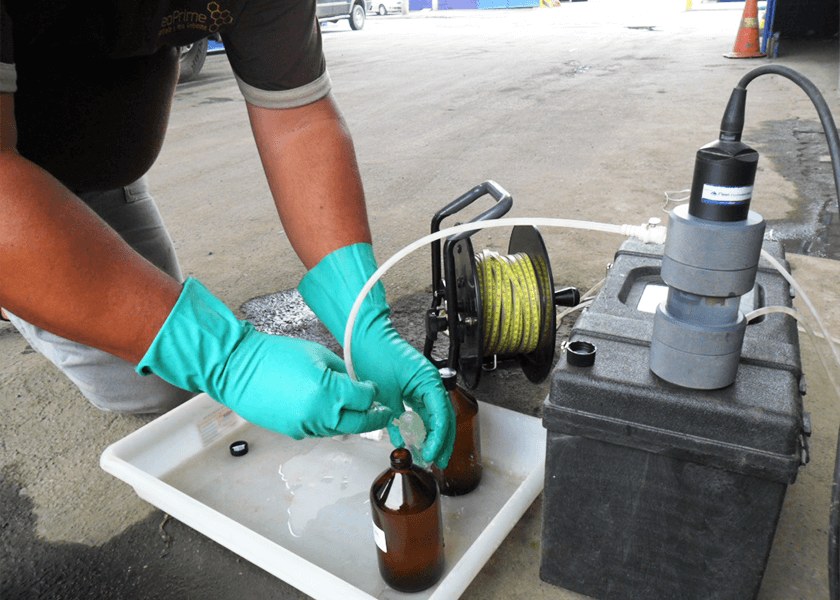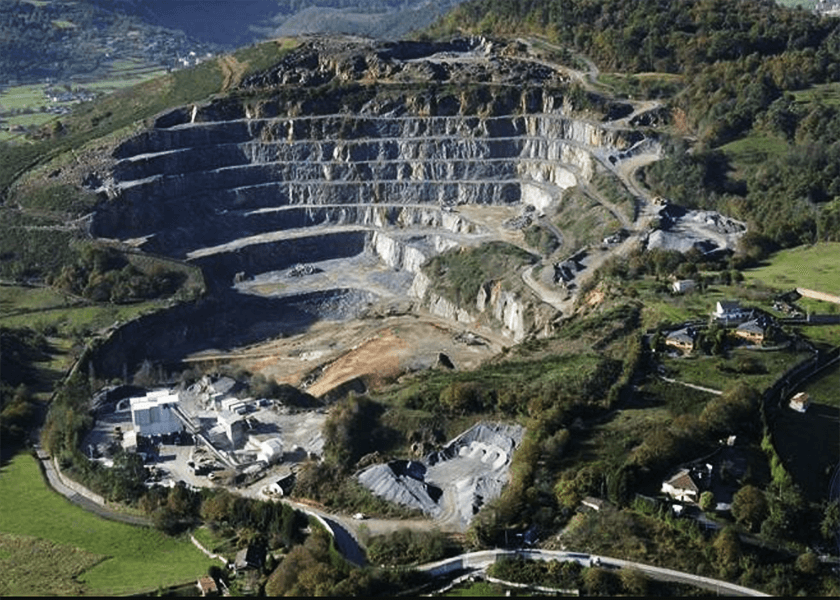Environmental preservation is a constitutional guarantee to the Brazilian society. In this context any activity that may cause damage to the environment is subject to environmental licensing by appropriate government agencies. Thus, environmental studies and analyses are necessary before such activities are initiated. Those studies and analyses will also support the licensing process, as well as being used to establish necessary measures and controls to ensure that subsequent activities are in accordance with current environmental legislation.

Initial evaluation phase of investigation of soil and underground water environmental liabilities. It consits of a preliminary evaluation with the intent of identifying Suspected Areas, Potential Areas, and/or Contaminated Areas (SA, PA, CA).
Subsequent to the preliminary phase, the objective is to confirm or eliminate existence of area of contamination through survey and installation of monitoring wells.
The pricnipal object of this phase is to identify and quantify contamination type, that is, detailed characteristic evaluation of the source and volume of contamination and the areas impacted, while determinating the extent of the affected areas.
Identifying and quantifying risks to human health due to contaminated area. This analysis will help define appropriate levels to be reached, and corrective actions to be implemented.
Environmental Impact Assessment and Report (EIA-RIMA) ─ Construction Waste Management Plan (PGRCC) ─ Industrial Waste Management Plan (PGRS) ─ Legal Reserve Study, including rural environmental registration based on current forest code ─ Environmental Traffic Impact Assessment (EIT) ─ Neighborhood Impact Study (EIV) ─ Embankment Projects ─ Environmental Control Report – Environmental Control Planning – Degraded Site Restauration Projects (RCA-PCA-PRAD) ─ Reforestation Projects ─ Forest Inventory ─ Land and Use Occupancy Studies ─ Risk Management Plan ─ Industrial Safety Plan ─ Management Plan.


The environmental license is the document that permits the location, installation, expansion, and operation of ventures and activities. In order to obtain such license, it is necessary to apply for it with the appropriate management body, fulfill all of its requirements, and monitor the process until the license is issued.
After the issuance of the license, restrictions, conditions, and environmental control measures must be monitored.
A grant is an authorization conceded by a water resources management body, allowing the usage of surface and underground water resources.
This authorization conceded by a water resources management body, provides information regarding well construction feasibility, and provides the authorized to drill wells.
This authorization conceded by the water resources management body, establishes a set of procedures to be employed in the buffering of a well or borehole.
Training and guidance on waste control procedures including transportation logistics and disposal documentation, ensuring that waste generated is handled correctly.
Independent verification process that documents and monitors significant potentially polluting activities and ventures to obtain evidence of compliance with current environmental regulations.
This authorization granted by a licensing authority which permits the cutting of vegetation for development of ventures or activities, and establishes necessary restrictions and compensatory measures.
Technical-legal support in meeting notification requirements, appeals in cases of violations , monitoring and due diligence in civil inquiries and assistance in legal issues.
Federal Technical Registry of Potentially Polluting Activities and Environmental Resource Users is a mandatory registration for individuals and businesses involved in actives subject to environment control. The DOF is a mandatory license for the control of the transport and storage of products and by-products of native origin, including detailed information of the significance of those products